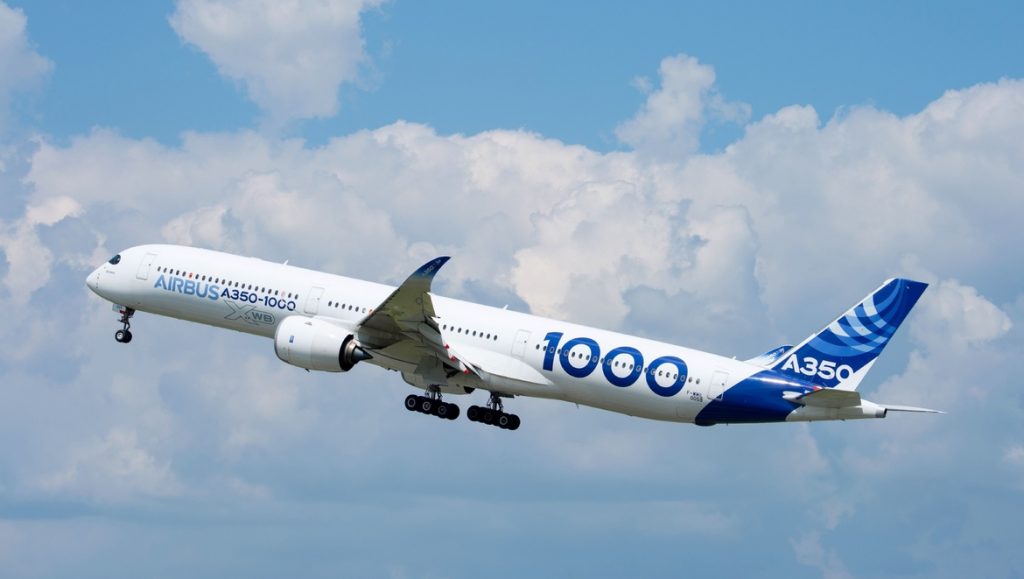
Airbus has rescinded a contract for a third A350 aircraft ordered by Qatar Airways after rejecting the delivery of two other widebody jets in February.
The latest move adds to the ongoing heated dispute between the European planemaker and the Gulf carrier that has now been going on for over a year, due to Qatar’s complaints about the A350 aircraft.
Reuters reported that “two people familiar with the matter” said the number of A350 jets grounded by Qatar has now reached to 23, bringing the value of compensation sought by the airline to over $1 billion.
Separately, Airbus is still seeking $220 million over the first two rejected A350 aircraft, to which in late March, Qatar denied it broke its contract when refusing the jets.
While Qatar has made several complaints to Airbus over the ongoing paint surface and lightning mesh complaints, the carrier officially took it to court in December by suing the aircraft manufacturer.
Just last week, on top of previously reported issues, Qatar also claimed that the A350 jets have been damaged so badly, there is now risk of the fuel tanks igniting.
In documents made public seen by Bloomberg, the paint layers are damaged to the point where wind and pollutants, such as salt or hydraulic fluids, can rip through the skin and further damage the lightning protection of the aircraft.
While the Qatari regulator backs the carrier in its safety claims, since the beginning of the dispute, the European Union Aviation Safety Agency and the Federal Aviation Administration have said the surface issues pose no safety threat to the aircraft, and Airbus has argued Qatar is just mislabelling the complaints to bag compensation.
However, Qatar said in March that the EASA is yet to undertake an “extensive analysis” over the surface flaws.
In January, Airbus cancelled a Qatar order of over 50 A321 jets due to the Gulf carrier’s alleged deceitful groundings of the widebody aircraft, but a UK judge instructed the planemaker to delay the decision.
On Thursday, Qatar is set to ask a UK judge to extend the freeze on Airbus’ decision to cancel the A321 order.




